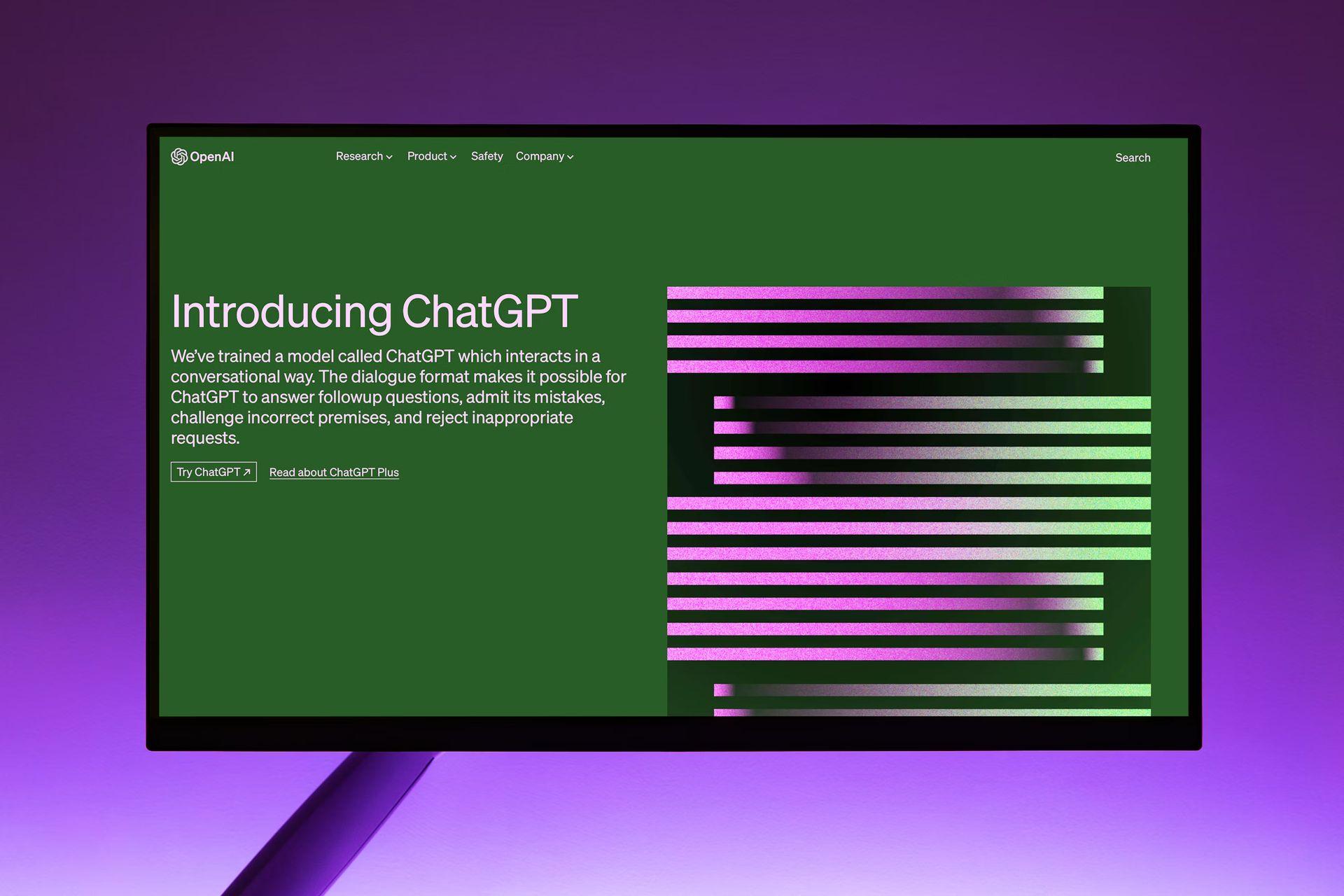- OpenAI is on the brink of releasing GPT-5, a highly anticipated model that promises substantial improvements over its predecessors, based on positive feedback from enterprise customers who have experienced early demos of the technology.
- The launch of GPT-5 could face delays due to extensive safety evaluations, including simulated cyberattacks, to ensure its robustness. Despite speculations and a projected summer debut, OpenAI has not confirmed an official release date.
- Speculation and development around GPT-5 and its predecessors, including rumored “GPT-4.5” models with advanced features, suggest a significant transformation in the large language model landscape, with OpenAI focusing on enterprise solutions and possibly introducing a tiered system.
Sources close to Business Insider have revealed that OpenAI’s much-anticipated GPT-5 is on the verge of being unveiled, with a release expected in the near future. Indications from early access suggest a substantial advancement. Enterprises privy to GPT-5 demonstrations have shared favorable feedback. A leading executive characterized it as significantly improved over its predecessors. Presentations by OpenAI have even suggested new features such as autonomous AI entities.
While demonstrations progress, so does the development, emphasizing the importance of thorough safety evaluations. These evaluations include stress tests through simulated cyberattacks to ensure robustness prior to its official rollout. These necessary precautions might delay the originally anticipated summer debut.
When is the release date of GPT-5?
OpenAI has yet to confirm an exact release date, maintaining discretion amidst ongoing speculation surrounding GPT-5. Earlier in April 2023, OpenAI minimized the speculation regarding the immediate commencement of GPT-5’s training, with CEO Sam Altman refuting circulating rumors. Nonetheless, the rumor mill continued to churn, hinting at a GPT-4.5 iteration.
Recent insights point towards the completion of GPT-5’s training phase in 2023, setting the stage for a 2024 introduction. GPT-5 aims to cater primarily to OpenAI’s corporate clientele, possibly adopting a hierarchical model akin to that of Google’s Gemini LLMs.

The preceding year recorded complaints from users about the diminishing performance of GPT-4, citing illogical outcomes. Various factors, from training efficiencies to constraints in resources, were speculated to contribute to these issues. There was also speculation regarding the strain on OpenAI’s infrastructure by the development of undisclosed LLMs.
Speculation was further amplified by a leak in December 2023 about GPT-4.5 models that boasted enhanced capabilities, although OpenAI’s CEO did not comment on these speculations. With the advent of GPT-5, the domain of large language models is set to undergo significant transformation. The forthcoming months are expected to reveal the full capabilities of this advanced model. GPT-5 hype surges with impending release date and feature descriptions.
The upcoming release of GPT-5 has sparked a wave of excitement, with expectations pointing towards several groundbreaking advancements:
- GPT-5 is expected to significantly outperform its predecessors. This means a deeper understanding of natural language, allowing for more accurate, relevant, and nuanced responses in various contexts.
- Whispers suggest GPT-5 might introduce autonomous AI agents, capable of handling specific tasks independently. This could significantly broaden the range of applications for GPT models.
- Following the trend, GPT-5 is likely to prioritize enterprise needs. We might see a tiered system offering different access levels and customization options, similar to existing models.
- Rigorous safety testing, including simulated attacks, is expected to address potential risks and vulnerabilities, ensuring a safer deployment of GPT-5 in real-world scenarios.
- Similar to Google’s LaMDA models, GPT-5 might introduce tiered access based on user needs. This could lead to more tailored AI solutions for diverse applications.
- GPT-5’s launch has the potential to redefine the large language model landscape. It could set new standards for how AI is used in businesses, fuels creativity, and becomes integrated into our daily lives.
Featured image credit: Jonathan Kemper/Unsplash






